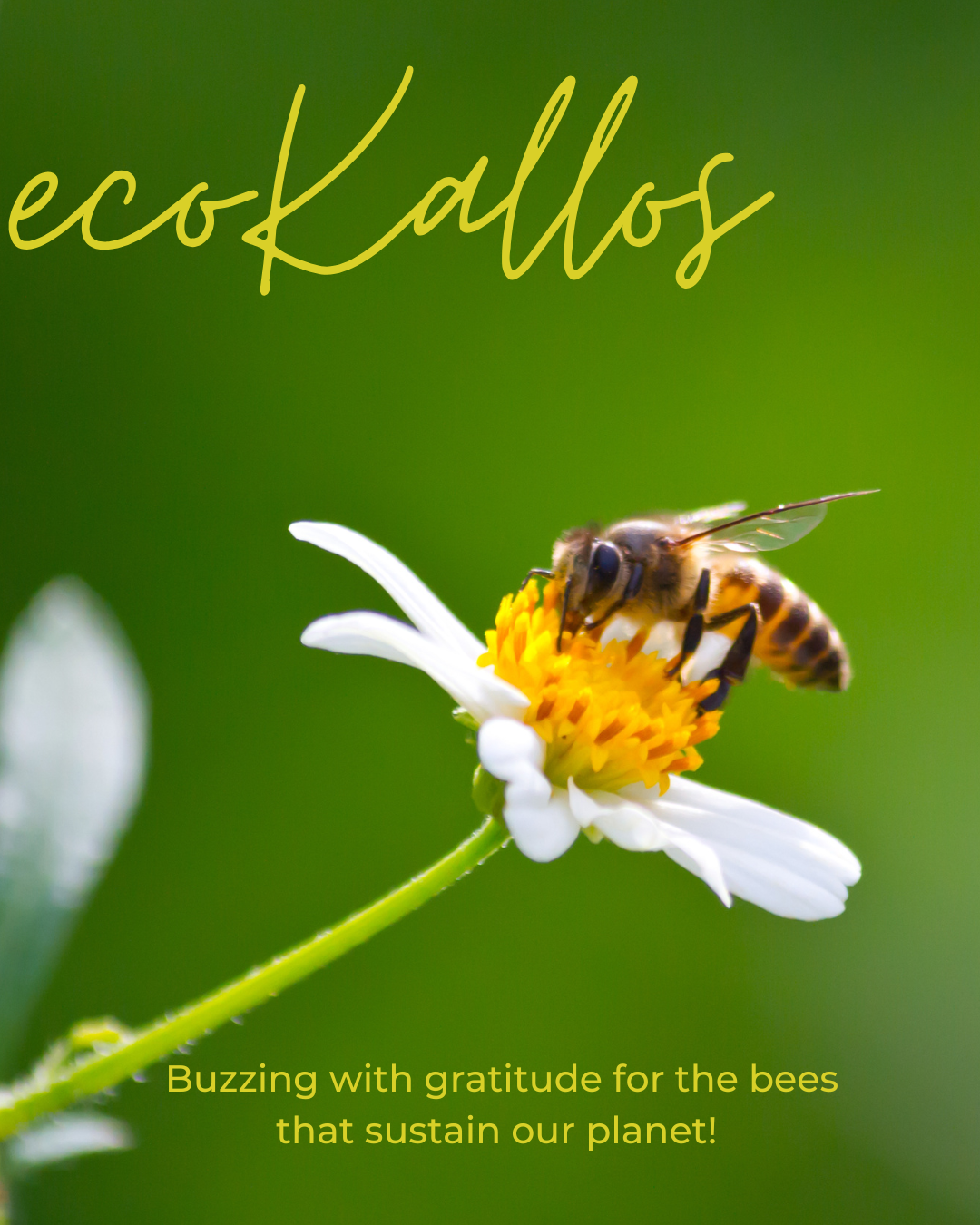The United Kingdom has recently announced a significant step toward protecting the environment and promoting biodiversity by pledging to reduce pesticide use on arable farms by 10% by 2030. This initiative, driven by growing concerns over pollinator health and biodiversity loss, marks a promising move toward more sustainable agriculture.
Why Reducing Pesticide Use Matters
Pesticides have long been linked to declining populations of bees and other pollinators, which are crucial for maintaining healthy ecosystems and agricultural productivity. Bees alone are responsible for pollinating around one-third of the food we eat, including fruits, vegetables, and nuts. Yet, the widespread use of harmful chemicals has contributed to significant population declines, putting entire ecosystems at risk.
The UK government’s plan involves introducing a new pesticide load indicator to measure progress and encouraging integrated pest management practices. Integrated pest management focuses on minimizing the use of chemical pesticides by incorporating natural pest control methods, crop rotation, and more sustainable farming practices.
Challenges and Criticisms
While this initiative is a step in the right direction, some campaigners have voiced concerns over its limited scope. Notably, the plan focuses solely on arable farms, leaving out urban areas and parks, where pesticide use can also pose risks to pollinators. Without addressing pesticide usage in these environments, the impact of the initiative could be limited.
Additionally, the 10% reduction target, while ambitious, may not be enough to address the severe declines in pollinator populations. Environmental organizations are urging the government to adopt stricter regulations and expand the initiative to include urban green spaces.
What Can We Do to Support Pollinator Health?
As consumers and advocates for sustainability, there are several actions we can take to support pollinator health:
- Support Organic Farming: Purchasing organic produce helps reduce demand for chemically treated crops.
- Plant Pollinator-Friendly Gardens: Include native plants that attract bees, butterflies, and other pollinators.
- Advocate for Stricter Policies: Support policies that limit pesticide use and encourage natural pest control methods.
- Educate Your Community: Raise awareness about the importance of protecting pollinators through local initiatives and community gardens.
Final Thoughts
The UK’s commitment to reducing pesticide use is undoubtedly a positive step, but it must be part of a broader effort to protect pollinators and ensure biodiversity. As consumers, we play a crucial role in driving change through our choices and advocacy. Let’s support sustainable agriculture and continue pushing for more comprehensive policies to safeguard our ecosystems.
What are your thoughts on the UK’s pesticide reduction initiative? Share your opinions and ideas in the comments below!
